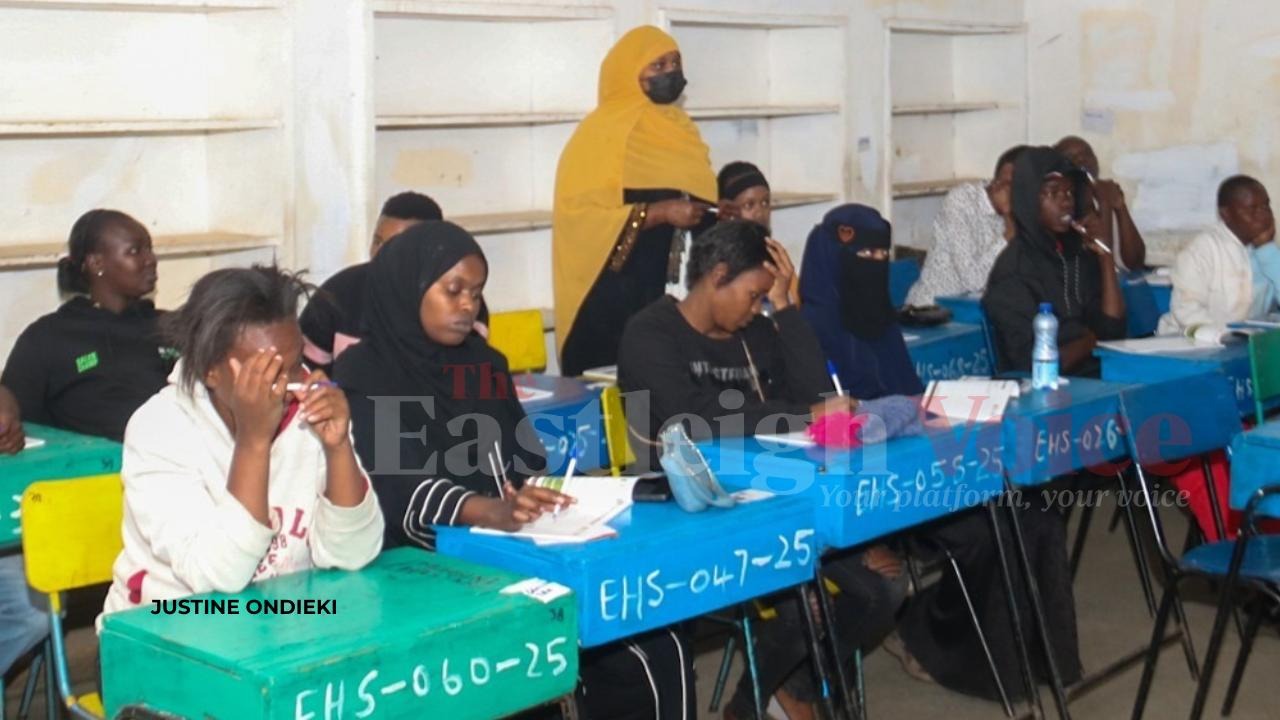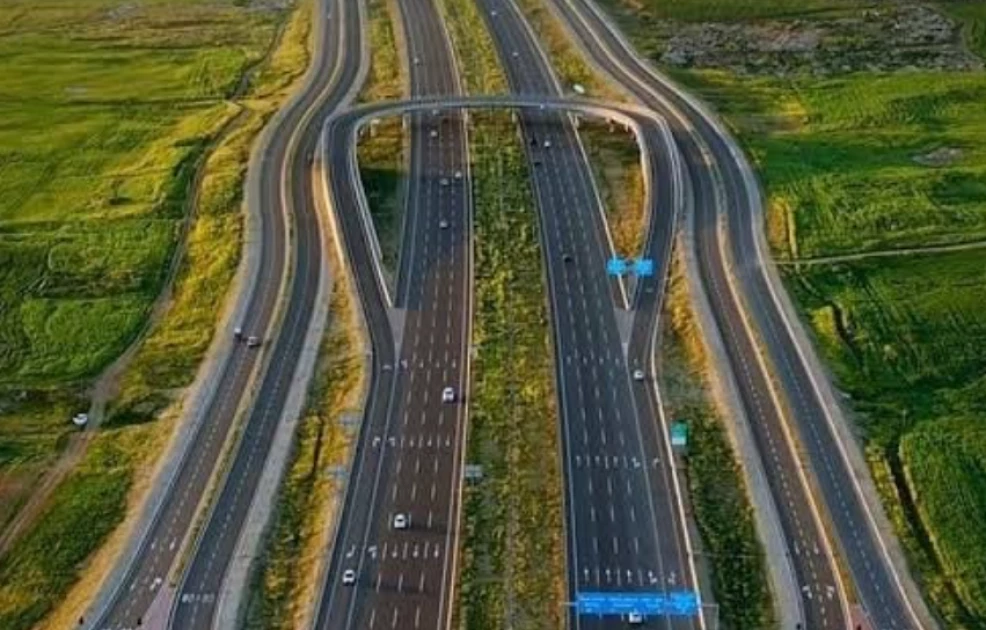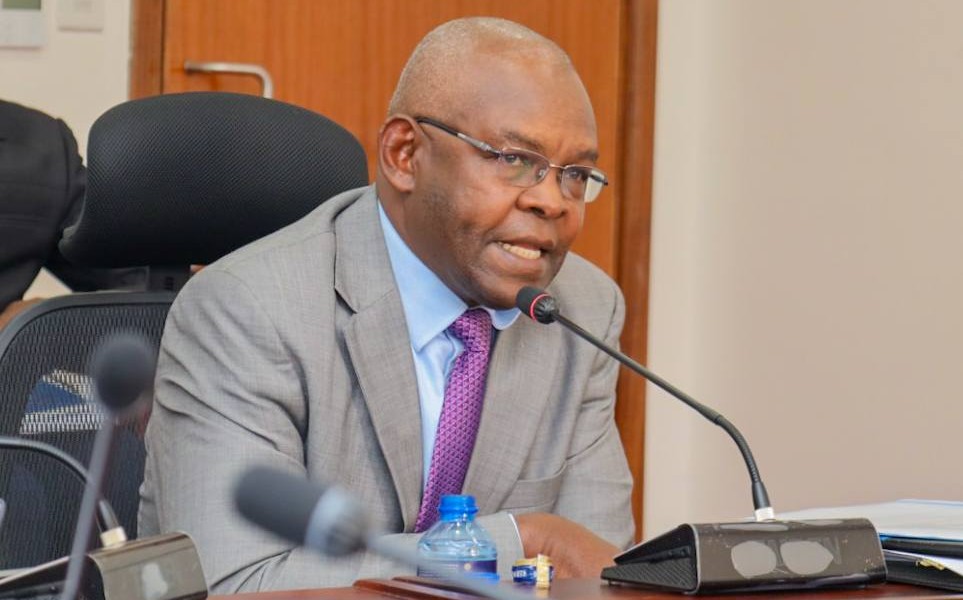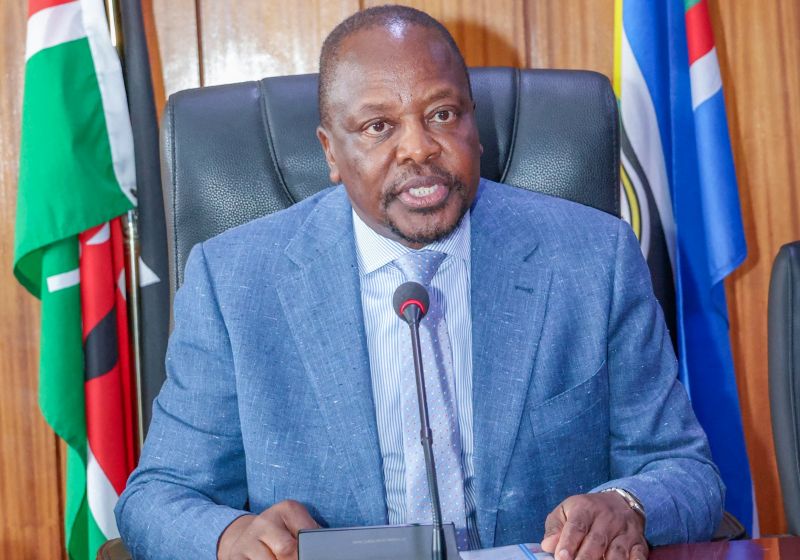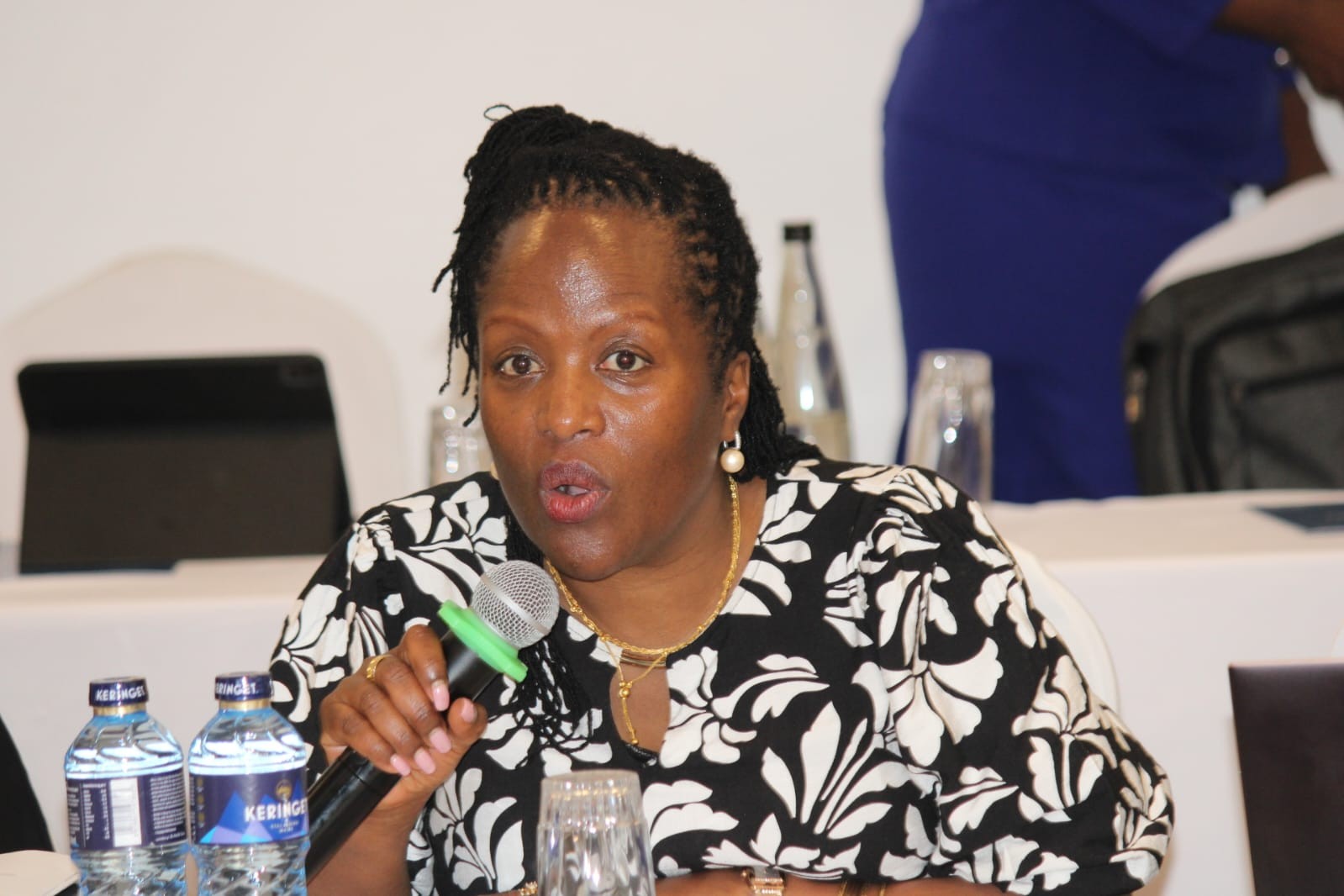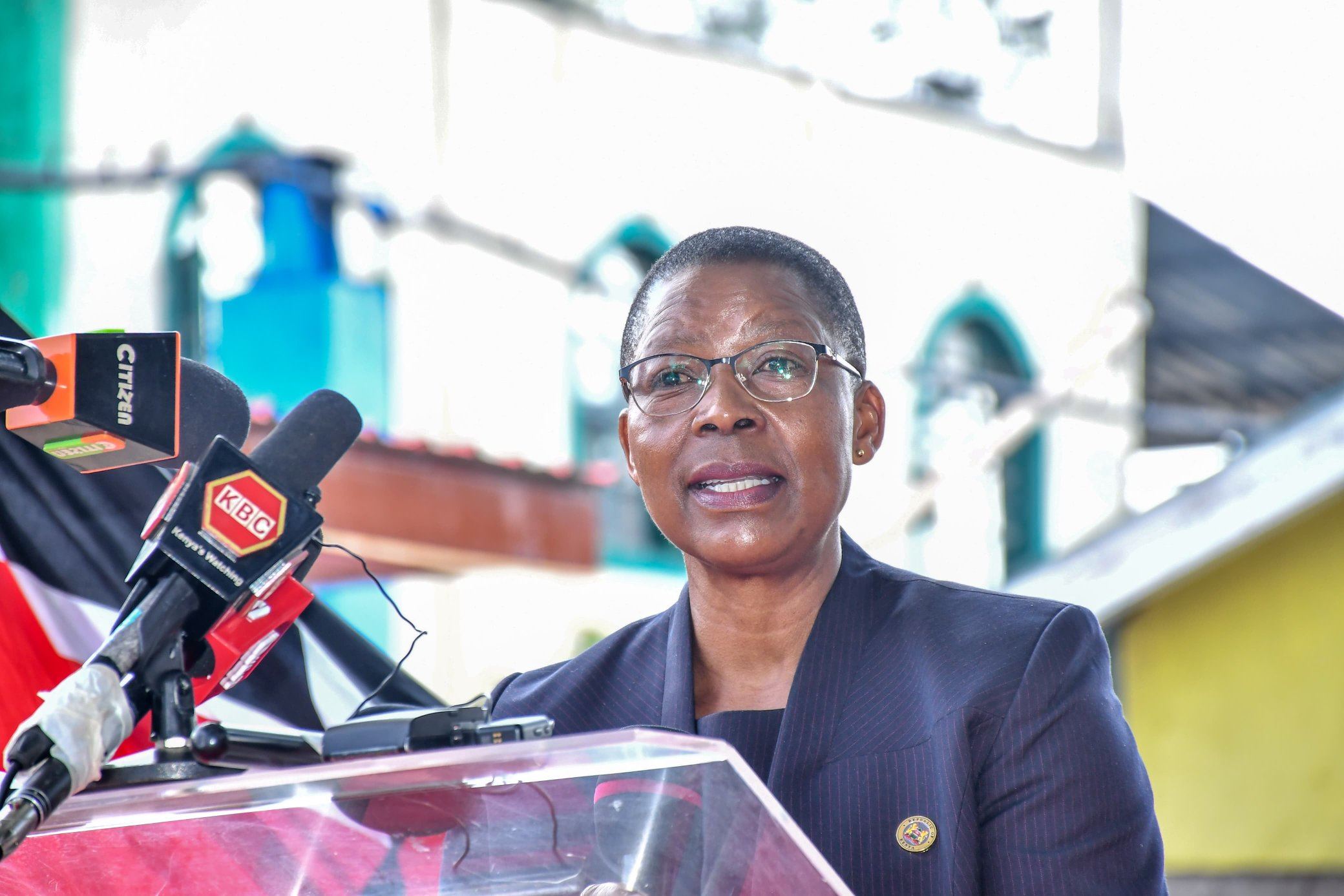Report: Civic space in Kenya shrinking, citizens face restrictions on expression and assembly
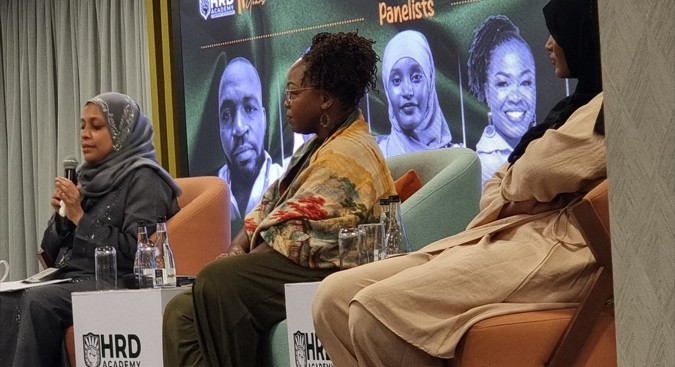
The assessment was conducted to provide insights for key stakeholders and policymakers at local, national, regional, and international levels to guide advocacy efforts aimed at safeguarding civic space.
A majority of Kenyans believe the country’s civic space is shrinking due to direct and indirect violations of constitutional freedoms by state actors, a new report has revealed.
The “Trends in Civic Space in Kenya” assessment, released by Defenders Coalition, notes that while the constitution provides a legal foundation to protect civic space and offers avenues for redress in case of violations, its promise has not been fully realised.
More To Read
- Global HIV response facing worst setback in decades, UNAIDS warns
- Ending violence against women ‘a matter of dignity, equality and human rights’
- Human Rights body flags risky provisions in Computer Misuse Act
- Rights groups demand repatriation of Kenyan teacher shot dead in Tanzania
- Fears grow over South Sudan commentator arrested in UAE for criticising President Kiir
- Kenya’s crackdown on activists spotlighted at AU rights summit
"While several gains have been made in enhancing and safeguarding the civic space, trends and experiences over the last couple of years point to an onslaught on the civic space where the state has both overtly and in subtle ways constrained the civic and democratic space through punitive and prohibitive governance frameworks targeting individuals, public benefits organisations (PBOs), faith-based organisations (FBOs), media organisations, trade unions, constitutional commissions, among other independent state and non-state actors," the report released on Wednesday says.
Provide insights
The assessment was conducted to provide insights for key stakeholders and policymakers at local, national, regional, and international levels to guide advocacy efforts aimed at safeguarding civic space.
The report defines civic space as the set of conditions that determine the extent to which all members of society, individually or in groups, can freely and effectively exercise their civil rights without discrimination.
Key rights include access to information and freedoms of expression, assembly, association, and participation. Over half (54 per cent) of respondents rated these conditions as either bad or very bad.
Only 23 per cent of those surveyed rated Kenya’s civic space as good or very good, while 22 per cent described it as neither good nor bad.
Rights defenders and the public
The report drew on primary data from 2,048 human rights defenders (HRDs) and the public across 10 counties, complemented by secondary data from legal and regulatory analyses. Respondents per county ranged from 192 in Nakuru to 222 in Meru.
The study population was predominantly young, with 62 per cent under 35 years old. Nearly half (48 per cent) had a college or university education, 33 per cent had completed secondary school, and 13 per cent had completed primary school.
Over 70 per cent were employed or self-employed, 13 per cent were students, another 13 per cent were unemployed, and 2 per cent were retirees.
Counties with the highest number of respondents rating civic space as bad or very bad included Nakuru (83.2 per cent), Nairobi (70.8 per cent), Meru (68.9 per cent), and Mombasa (64.7 per cent). Kericho was the only county where civic space was rated very good.
History of being in government
"In Kericho, however, informants cautioned that the positive rating of the civic space by members of the public could be due to their long history of being in government and consequently benefiting from favoured state budgetary allocations and human resources absorption. As a result, residents felt that criticising the government for constricting the civic space amounted to opposing 'their own government'," the report says.
Similar sentiments were noted in Nyeri, where respondents believed they could access government resources more effectively through lobbying ‘sons and daughters’ in senior positions rather than engaging in protests or demonstrations.
"Perceptions by the wider public and the civil society movement that the two counties of Kericho and Nyeri are economically better than most of the other counties have also led to less attention to civic education among the populace. These two quotes reproduced below exemplify these sentiments," the report adds.
When asked if they had faced restrictions in exercising civil liberties over the past two years, over half reported no limitations, except regarding freedom of expression.
Restrictions on expression
Slightly over 47 per cent said they experienced restrictions in expressing themselves, while freedom of association and access to information faced the fewest reported restrictions.
However, in Meru, Mombasa, and Nakuru, more than half the population reported restrictions on their freedom of peaceful assembly by county or national government agents. Respondents from Mombasa (71.7 per cent), Nakuru (71.2 per cent), and Meru (70.7 per cent) reported the highest restrictions on freedom of association, while Kericho and Kisumu had the lowest. Similarly, Meru (65.8 per cent), Mombasa (64.1 per cent), and Nakuru (62.8 per cent) reported the highest restrictions on freedom of expression.
Access to information remained restricted primarily in Meru, Mombasa, and Nakuru, whereas most respondents in other counties did not report limitations on public participation.
Regarding freedom of association, almost half (49 per cent) of respondents rated it as bad or very bad, 30.48 per cent as good or very good, and 20.43 per cent as neither. Counties with the most negative ratings included Nakuru (85.9 per cent), Mombasa (65.7 per cent), Meru (62.6 per cent), and Nairobi (59.3 per cent). Kericho (67.2 per cent), Kisumu (57.7 per cent), and Kakamega (50.8 per cent) reported the highest positive ratings.
"The counties where many of the residents gave a negative rating for the government's respect to the freedom of association were Nakuru (90.6 per cent), Mombasa (73.9 per cent), Nairobi (70.9 per cent), Meru (68 per cent), and Nyeri (64.0 per cent)," the report says.
Discrimination and exclusion
Discrimination and exclusion were reported by over 50 per cent of respondents in Nakuru, Meru, Mombasa, and Nairobi, often linked to gender, political affiliation, tribal identity, or disability.
Regarding protests, over 75 per cent noted insufficient police presence during demonstrations. "72 per cent of the respondents stated that they or their colleagues were arrested during the last peaceful protest they participated in.
These numbers were consistently high in all counties, with Nyeri (79.8 per cent), Kakamega (75.9 per cent), Nairobi (72.9 per cent), and Mombasa (64.2 per cent) registering the highest numbers of respondents who stated that they or people they knew had been arrested during the protests," the report says.
Overall, 38 per cent of respondents reported being threatened in exercising their civil rights, with Meru (49 per cent) and Mombasa (57 per cent) recording the highest percentages. The lowest were in Kericho (32 per cent), Machakos (24 per cent), and Kisumu (26 per cent).
Prominent source of the threats
"For those who had experienced threats in the exercise of civil rights, state security agents such as the police and intelligence agents were identified as the most prominent source of the threats. Political leaders and sponsored militia groups were also identified as sources of threats," the report says.
Threats included death threats, tracking, criminalisation, wiretapping, internet trolling, denial of services, workplace demotions or dismissals, and blacklisting. These pressures led some respondents to change tactics, reduce activism, seek protection, or relocate. Despite this, most indicated they would likely participate in peaceful protests in the future.
The report also revealed that 93 per cent of respondents believe it is primarily the state’s responsibility to safeguard civic space, while 4 per cent cited civil society organisations and 3 per cent mentioned citizens, the constitution, or families.
The assessment recommends a constitutional audit, followed by forming an independent team of government and CSO representatives to develop a roadmap addressing gaps in civil liberties.
It further urges CSOs to collaborate on sustained engagement and encourages media outlets to safeguard civic space by informing the public, holding power to account, amplifying citizen voices, and advocating for freedom of expression, human rights, and the rule of law.
Top Stories Today
Reader Comments
Trending

